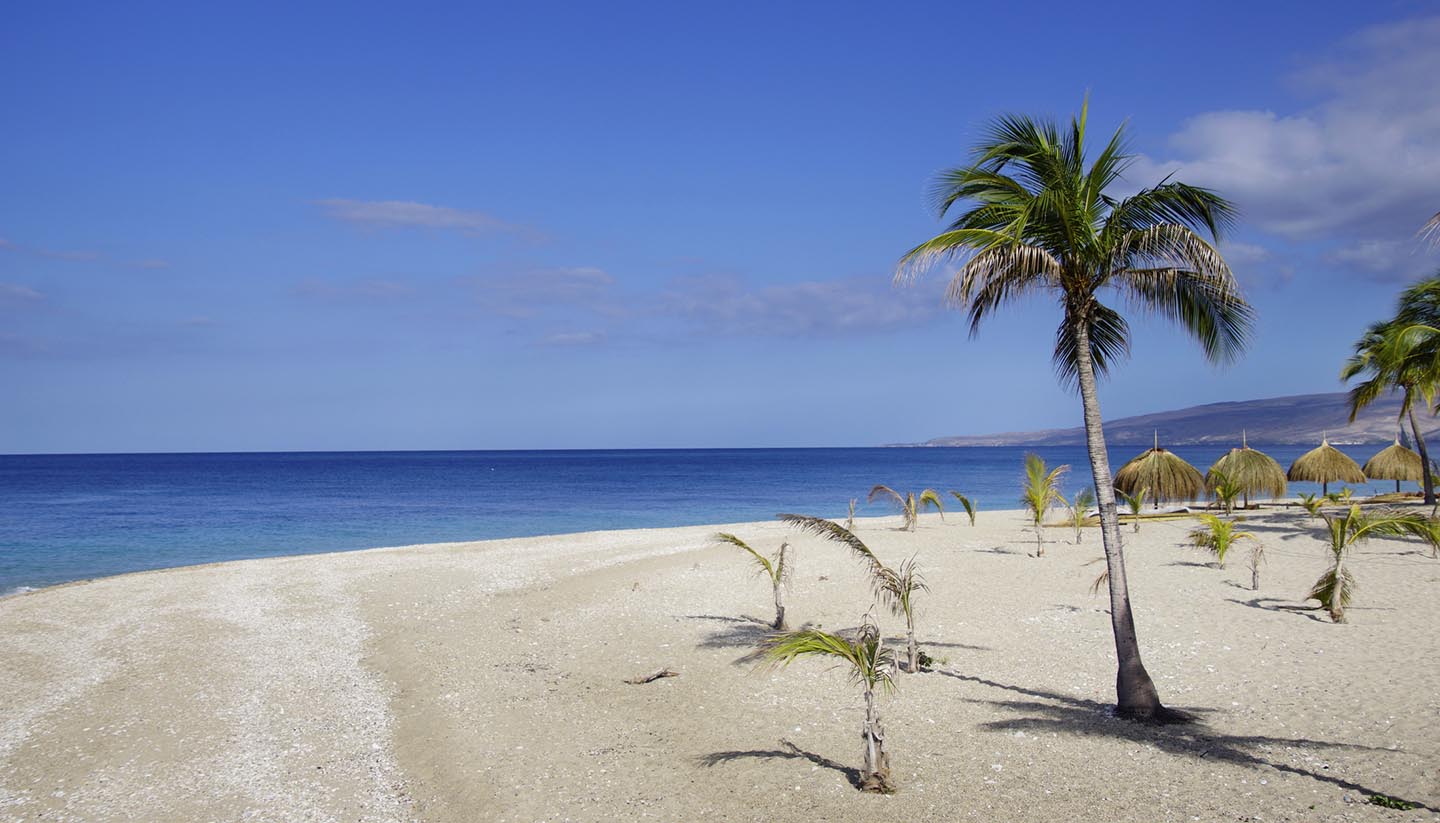Haiti: Doing business and staying in touch
Doing Business in Haiti
It is usual to wear a suit for business meetings. English is not widely spoken, but local tour operators can put visitors in touch with reliable French or Creole translators if required.
Office Hours
Typically Mon-Fri 0800-1600.
Economy
With an average annual income of $760 per head, Haiti is the poorest country in the Americas. Vast disparities exist between the incomes – and lifestyles – of rich and poor. The World Bank estimates that 80% of the population lives on less than $2 a day and more than half on less than $1.
More than half of all Haitians work in the services sector. However, nearly 40% depend on agriculture, mainly small-scale subsistence farming, which leaves them especially vulnerable to the effects of natural disasters, which some claim are exacerbated by Haiti's widespread deforestation.
Currently, international donor assistance and remittances from the Haitian Diaspora (which average over a billion dollars per year) represent almost half the national budget and approximately 20% of GDP. Most of Haiti's external debt was forgiven in 2009 and the rest, after the 2010 earthquake.
The damage caused by the 7.0 magnitude earthquake – Haiti's worst in 200 years – caused its GDP to contract roughly 5%. As well as killing upwards of 316,000 people and leaving more than 1.5 million people homeless, the disaster also damaged more than 300,000 buildings, including key infrastructure such as government offices, schools, hospitals and courts. Reconstruction costs are estimated to be $11.5 billion.
The UN, US and other countries, along with various international and non-governmental organizations, are helping Haiti rebuild, but it is a massive undertaking marked by significant challenges such as high unemployment, the shortage of skilled labour and high energy and security costs.
Attempts by the government to attract foreign investment, re-build the tourism industry and boost agricultural productivity are starting to bear fruit, but it will be a long road to recover.
GDP
US$7.9 billion (2012).
Main exports
Apparel, oils, cocoa, mangoes, coffee.
Main imports
Food, manufactured goods, machinery and transport equipment, fuels, raw materials.
Main trading partners
USA, EU
Keeping in Touch in Haiti
Telephone
There are no area codes. The internal service, operated by Telecommunications d'Haïti (Teleco), is reasonable. There are telephone booths in the towns which take cards.
Mobile Phone
No roaming agreements have been declared. Handsets can be hired locally.
Internet
Internet cafes can be found in towns and cities.
Media
Radio is Haiti's most important source of information. There are more than 250 private radio stations.
Post
Airmail to Europe takes up to one week. The main post office in Port-au-Prince, Cité de l'Exposition, is in place d'Italie.
Post Office hoursMon-Fri 0800-2000, Sat 0830-1200. Letters posted after 0900 will not be despatched until the following working day.


